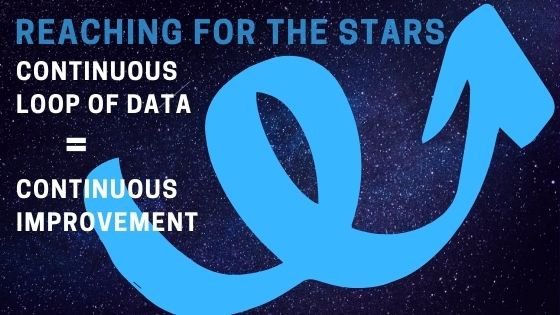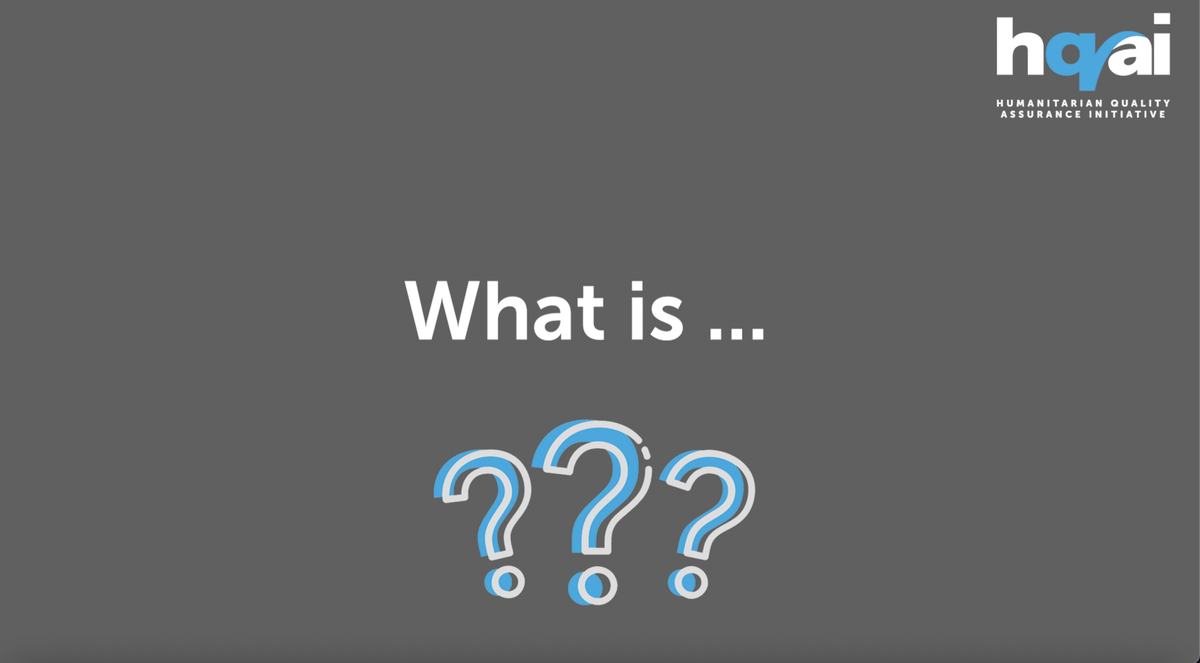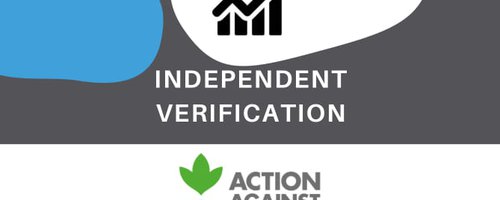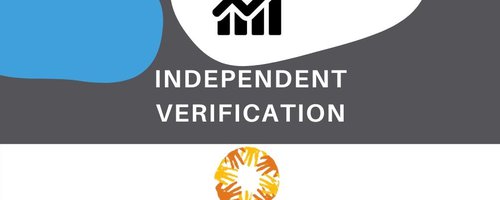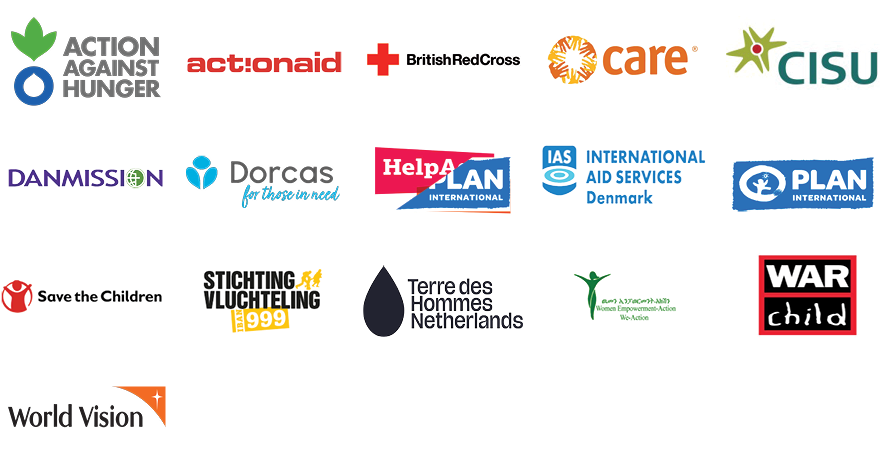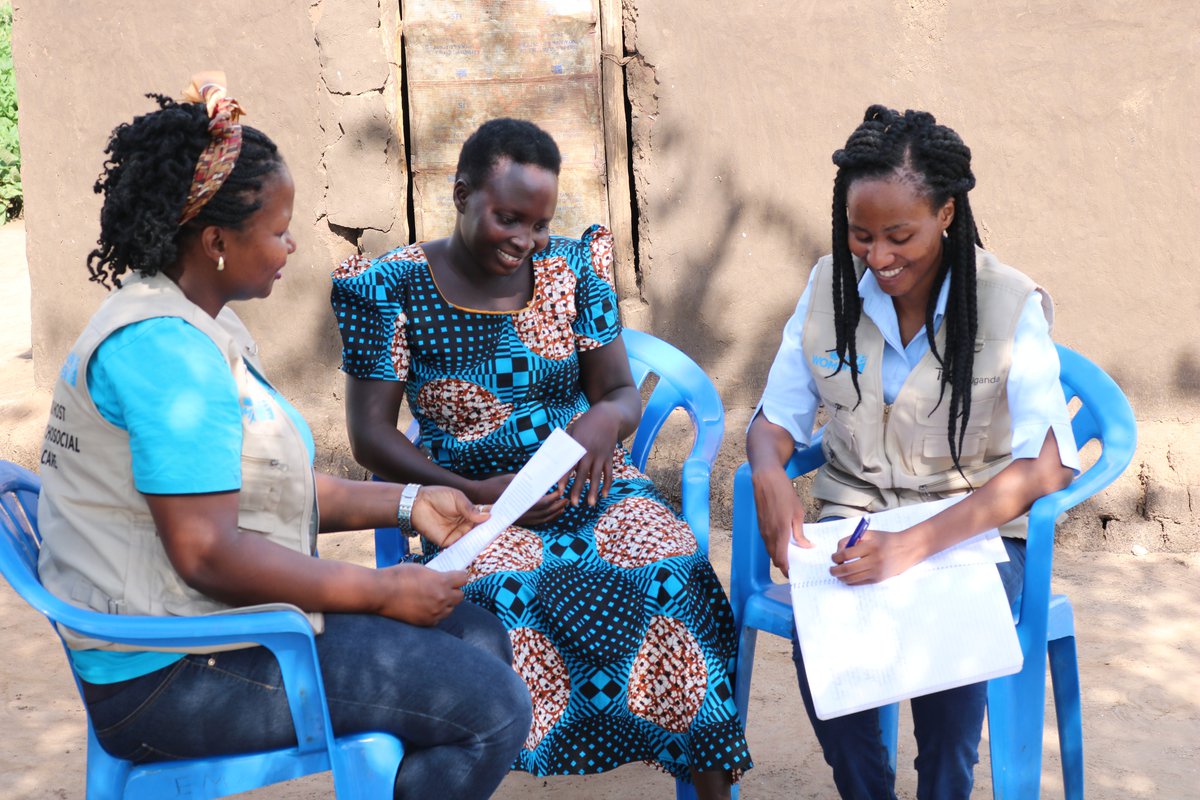Independent verification
Demonstrating continuous, measurable progress
In technical terms independent verification is the independent and objective assurance that an organisation or a group of organisations are making demonstrated, continuous and measurable progress applying the Core Humanitarian Standard on Quality and Accountability (CHS), good practices or commitments. The requirement is that the most serious weaknesses in the application of the standard are eliminated within a three-year-cycle.
In other words: Independent verification is all about continuous learning and improvement.
The organisation develops and implements a work plan over three years. HQAI auditors and the organisation take turns in monitoring progress and reporting on remaining weaknesses. The objective: improving policies, procedures and ways of working from the head office to the field. The external assessment from independent auditors helps organisations to get a professional and comprehensive view on where they realistically stand with regard to applying the standard.
Have a look and learn about independent verification against the Core Humanitarian Standard (CHS):
❓What is independent verification?
❓What is the role of HQAI and HQAI auditors?
❓What is the audited organisation's role?
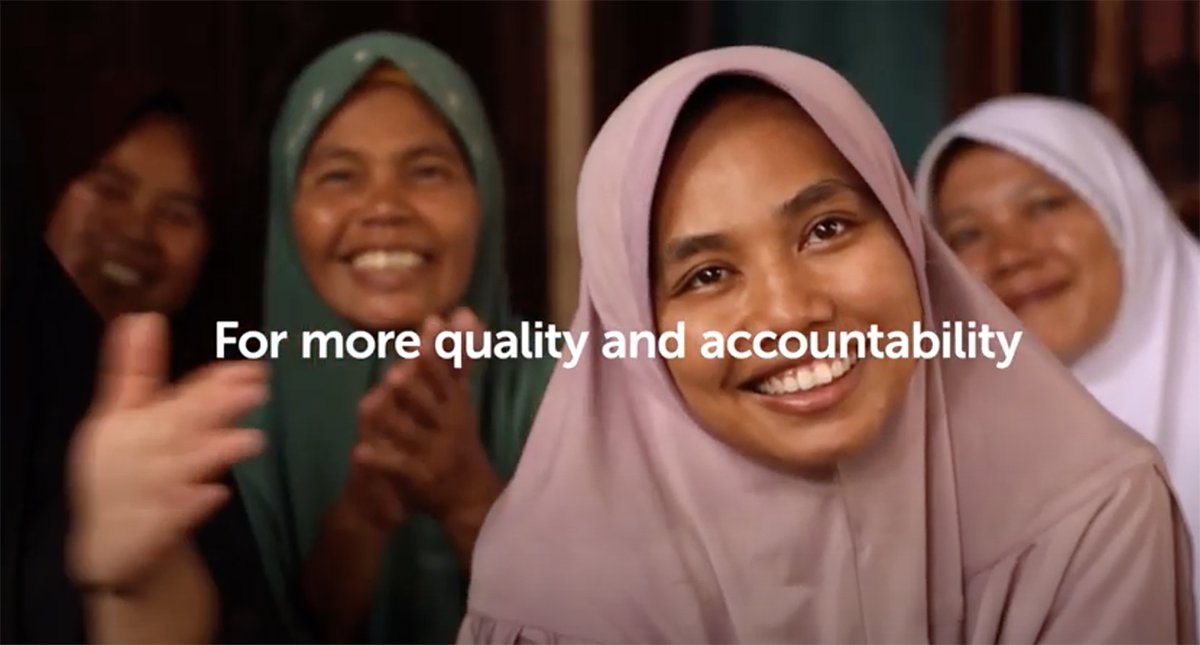
Who is independently verified?
Organisations of different sizes, mandates and regions have used HQAI’s services. They all benefit from objective reports about areas for improvement and improve trust with interested parties.
We are not in-and-out auditors, but we accompany the organisations over a period of three years. The HQAI audit is not about a particular country, project or context. It has a very systematic approach which allows us to asses the organisation from a hight level and feed this information back to the organisation.
Birgit SPIEWOK, HQAI senior auditor, October 2019
Have a look at the organisations we've independently verified
HQAI’s different services (see also certification and benchmarking) are built on similar principles and processes so that organisations can transfer from one scheme to another if they see value in doing so. Some organisations use independent verification as a preparation for certification against the CHS.
Let’s have a closer look at the process
The independent verification audit involves a review of internal and external documents, interviews with staff and partner organisations, discussions with communities and other stakeholders impacted by the organisation's work, and direct observation at selected project sites.
HQAI conducts the initial audit at the beginning of the cycle and monitors the progress made by the organisation with a Progress Report issued in the middle of the cycle.
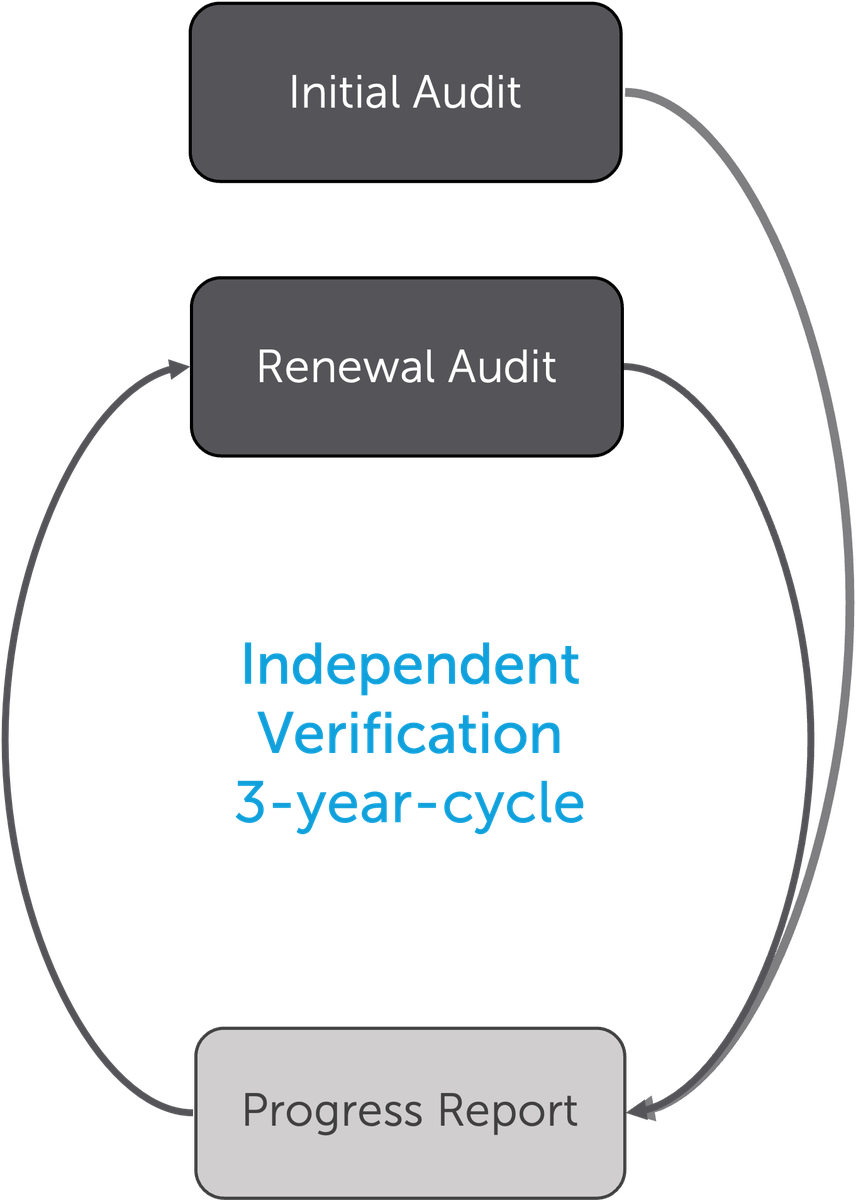
HQAI audit at head office and a sample of country programmes. HQAI decides whether the organisation is accepted in its independent verification scheme; production of a report (by HQAI) and a work plan for improvement (by the organisation, approved by HQAI).
HQAI’s Progress Report focuses on country programmes and project sites. Production of a report.
Three years after the initial audit and upon request of the organisation, a new independent verification cycle starts. For some organisations this is the moment to bridge to certification.
How much does it cost?
Naturally, independent and objective quality assurance has a cost. The good news is that as a not-for-profit NGO, HQAI aims to make its services accessible to all organisations regardless of their ability to pay: find out more about the Group scheme and check whether your organisation is eligible for subsidies by HQAI’s Facilitation Fund.
The cost of certification depends on many factors and is largely dependent on the size of the organisation. “Size” refers to the number of countries where an organisation runs activities (country programmes).
HQAI will offer a detailed cost plan after the application process and the necessary in-depth analysis of each individual case.
Cost estimator
This cost estimator gives an indication on the cost involved for your organisation. Please note however that each organisation is unique and that this tool takes only a few elements into consideration (please note: this quote is in Swiss francs CHF and non-binding).
Your next step
These are useful links

Application page
By submitting your application you take a first step to establish a partnership between your organisation and HQAI.


Short and crispy e-learning
An entertaining way to review the services HQAI offers, as well as key actors and stages in the audit process.
